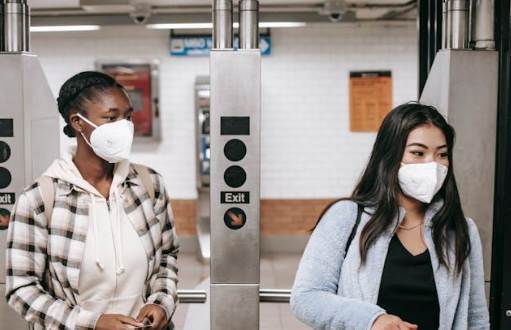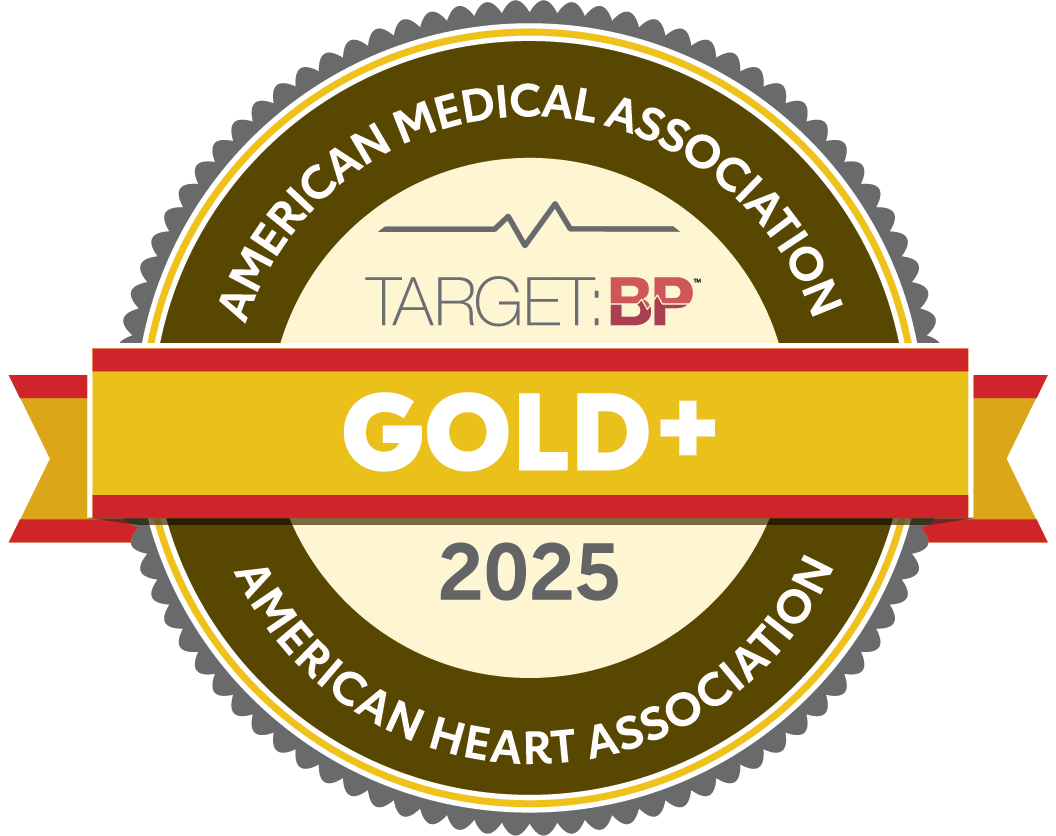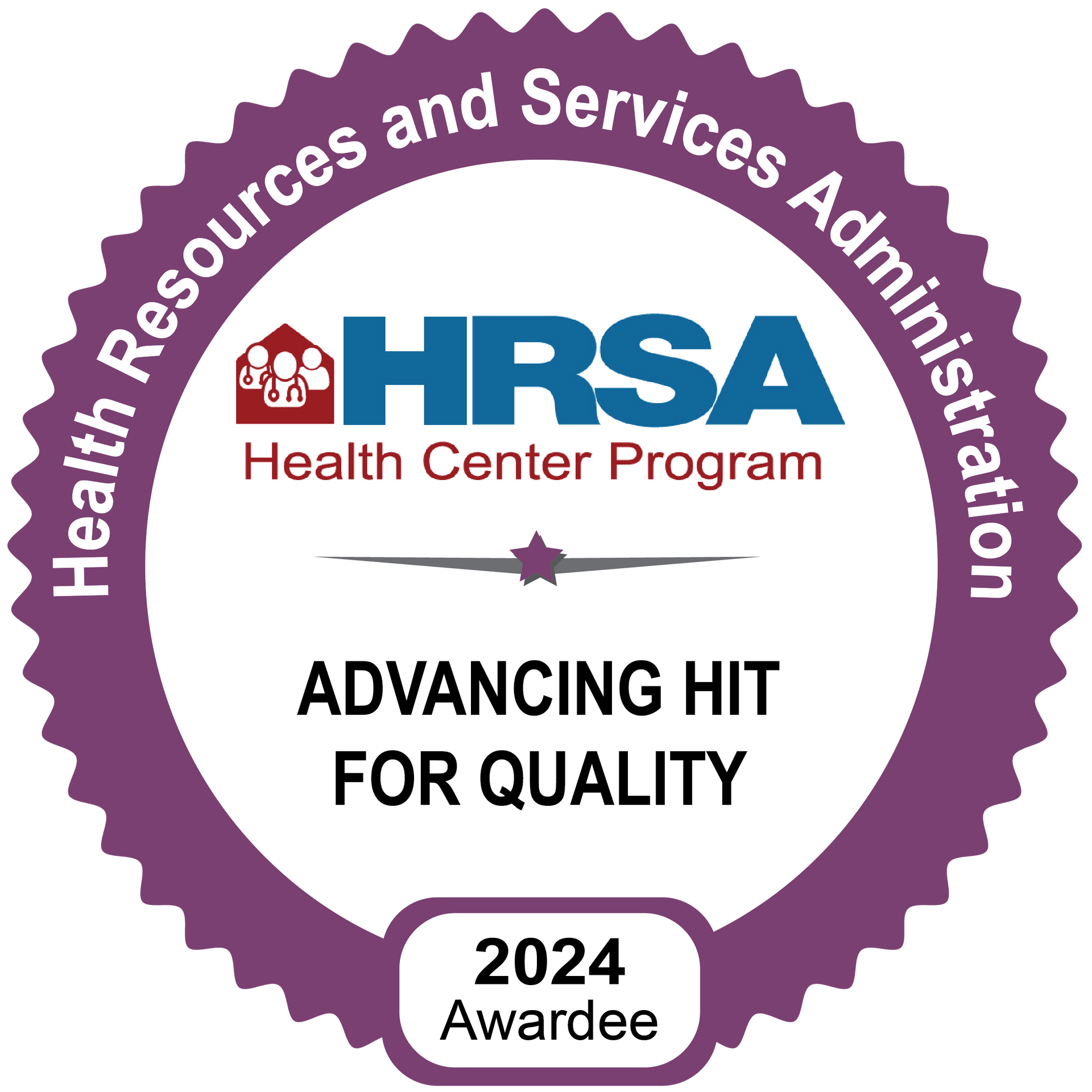RX Pad Blog
Healthy Travel Tips: How to Stay Well and Avoid Common Summer Illnesses

Whether you're headed to the beach, exploring a new city, or visiting family, it’s easy to let healthy habits slide. A change in environment, routine, and diet can leave you susceptible to a range of common summer ailments. With a little preparation, you can safeguard your health and ensure your summer getaway is everything you dreamed it would be.
Here’s how to protect your health while enjoying your summer adventures.
Stay Hydrated
Dehydration creeps in fast during summer travel, especially when you’re flying, walking long distances, or spending hours in the sun. Planes have dry air, road trips mean long hours without breaks, and sightseeing can be sweaty work. Carry a refillable water bottle everywhere since airports, hotels, and even some parks have refill stations. It’s better to avoid sugary sodas and limit alcohol, which can worsen dehydration.
You should also monitor your hydration by checking your urine. If it’s darker than pale yellow, it’s time to drink up. Remember that dehydration doesn’t just make you thirsty but can cause headaches, fatigue, dizziness, and heat-related illness.
Don’t Skip on Sleep
Travel is exciting since there’s so much to see. This could mean that sleep can feel like a waste of time. When sleep takes a backseat, your body becomes more vulnerable to viruses, bacteria, and exhaustion.
Stick to a sleep schedule as best you can, especially during long trips or when crossing time zones. If you're adjusting to a new time zone, get outside in the morning sun to reset your internal clock. Use sleep aids (with a doctor’s guidance) only if necessary, and avoid heavy meals or screens late at night.
Poor sleep isn’t just a minor nuisance. It weakens your immunity, affects your judgment, and leaves you cranky.
Be Strategic About Food Choices
While sampling local cuisine is part of the fun, food safety could become a serious concern. You could also be dealing with jet lag, which messes with your hunger hormones. Eat high-protein meals at regular times to keep your stomach satisfied. Bring snacks from home to avoid relying on airport or convenience store options. Try to only eat street food that's piping hot and fresh, such as churros, and seek out bottled beverages, which are safe to drink. This is because traveler’s diarrhea, stomach bugs, or food poisoning can turn a vacation into a trip to the ER.
Prepare for Heat and Sun Exposure
Summer means longer days and more sunshine, but that also means a higher risk of sunburn, heat exhaustion, and even heatstroke. These risks increase when you're out sightseeing, hiking, or just lounging at the beach for hours. Even a cloudy day doesn’t block UV rays entirely.
Apply a broad-spectrum sunscreen with SPF 30 or higher every two hours, more often if you’re sweating or swimming. Lightweight, light-colored clothing, wide-brimmed hats, and UV-blocking sunglasses offer added protection. It’s also wise to schedule outdoor activities during cooler parts of the day, early morning or late afternoon, when the sun isn’t as intense.
Symptoms like nausea, rapid pulse, confusion, or extreme sweating signal that your body is struggling. At the first sign, get to a shaded or air-conditioned area, hydrate, and rest.
Practice Good Hand Hygiene
Public transportation, hotel lobbies, and tourist hotspots can be breeding grounds for germs. While you can’t avoid every germ, good hand hygiene dramatically lowers your risk of catching colds, stomach viruses, and other contagious bugs.
Wash your hands frequently with soap and water, especially before eating, after using the restroom, or touching public surfaces. In situations where soap isn’t available, alcohol-based hand sanitizer with at least 60% alcohol can help. Keep a travel-sized bottle handy in your backpack.
Don’t Ignore Travel Vaccinations and Medications
Many travelers overlook pre-trip medical preparation. But depending on where you’re headed, a visit to a travel clinic or your primary care provider could save you a lot of trouble. Some destinations require or strongly recommend vaccinations for illnesses like hepatitis A, typhoid, yellow fever, or malaria.
Even domestic travel can stir up allergy symptoms or expose you to different environmental triggers. Make sure to pack antihistamines, motion sickness pills, or any prescription medication in your carry-on
Plan for Emergencies
No one wants to think about what could go wrong, but a little foresight goes a long way. Know where the nearest medical clinic or pharmacy is at your destination. You must keep emergency contacts handy. If you have allergies or medical conditions, consider wearing a medical alert bracelet or carrying a card with your health info.
Travel insurance can also be a smart investment, especially for longer or international trips. It may cover medical emergencies, lost luggage, or trip cancellations. The peace of mind alone often makes it worthwhile.
At
Amity Medical Group, we want your summer to be filled with safe, healthy adventures. If you need travel vaccines, personalized advice, or a pre-trip check-up, our care team is here to help. We provide high-quality, affordable, comprehensive primary care services.
Contact our team today to learn more about how we can support your journey!











